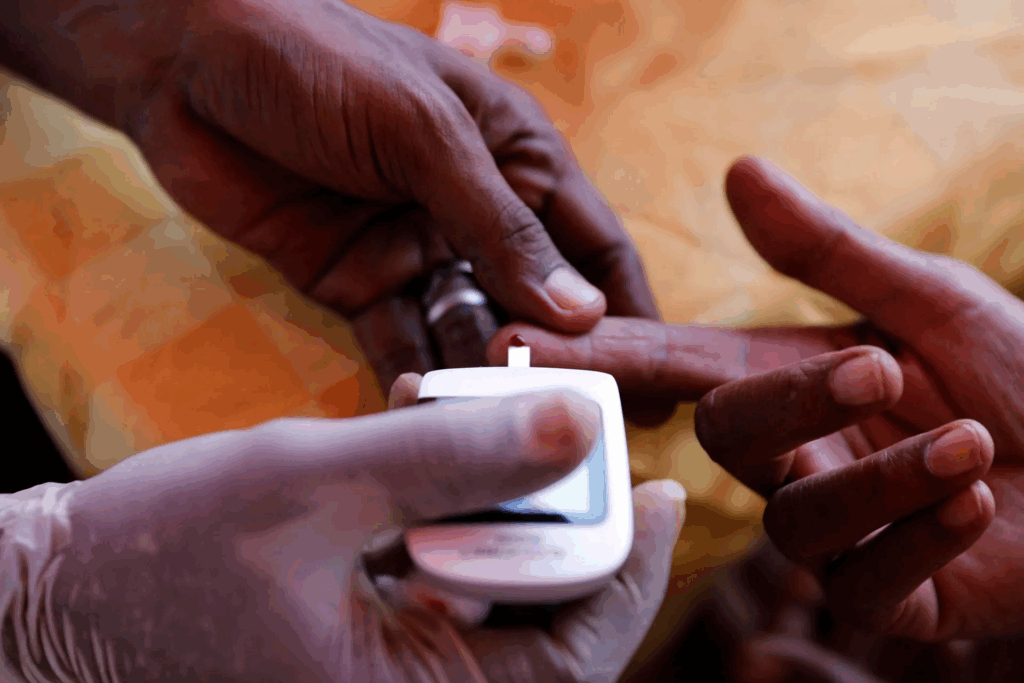Breakthrough T1D has announced a new funding call to support the development of next-generation continuous C-peptide monitoring (CCPM) technologies. The initiative seeks early-stage innovations that can transform how clinicians and researchers measure beta-cell function in people living with Type 1 diabetes.
Unlike glucose, C-peptide levels are extremely low—often in the picomolar range—requiring highly sensitive, stable and real-world-ready detection tools. This call focuses on advancing technologies that can meet these challenges while remaining practical for research or clinical use.
The programme supports projects designing sensor systems capable of continuous or high-frequency C-peptide detection. It welcomes innovations across sensing biology, device engineering and digital integration.
Eligible work includes:
-
Development of sensors for biological fluids.
-
In vitro validation and animal model testing.
-
Feasibility and early clinical studies.
-
Integration of CCPM into wearable, minimally invasive or at-home systems.
The overall aim is to produce tools that deepen understanding of diabetes progression, strengthen research and support more informed clinical decisions.
Funding details
Applicants may request up to $900,000 for projects lasting up to three years. Budgets should reflect the scope of work and account for all available resources outside Breakthrough T1D funding.
Depending on merit, Breakthrough T1D may consider projects requiring additional time or smaller, targeted budgets.
Awardees will also receive:
-
Engagement with Breakthrough T1D scientific staff
-
Opportunities for independent third-party validation of early findings
Who can apply
The call is open to:
-
Academic researchers
-
Research institutions
-
Startups
-
Industry teams developing technologies suitable for continuous or near-continuous C-peptide tracking
Applicants must demonstrate the capability to design, validate and advance CCPM systems toward future clinical translation.
Qualifications
-
Submission of a Letter of Intent (LOI) is required before the full proposal
-
Open to academic and industry researchers
-
Technologies must demonstrate high sensitivity, selectivity and stability
-
Platforms may incorporate aptamer-, antibody-, enzymatic-, optical- or other sensing strategies
-
Preference for minimally invasive, wearable or at-home compatible systems
-
For-profit applicants must meet matching-fund requirements
-
Human-subject proposals must include full regulatory and safety documentation
Requirements
All LOIs and full proposals must be submitted using the RMS360 templates.
Proposals should include:
-
Clear milestones and realistic timelines.
-
Detailed validation and usability plans.
-
Long-term development strategies.
-
A roadmap for post-funding progression, potential regulatory steps and pathways to research or clinical adoption.
Deadline
Submissions are due on December 4, 2025.
Explore our Opportunities page for more international calls for science research.
Summary not available at this time.






